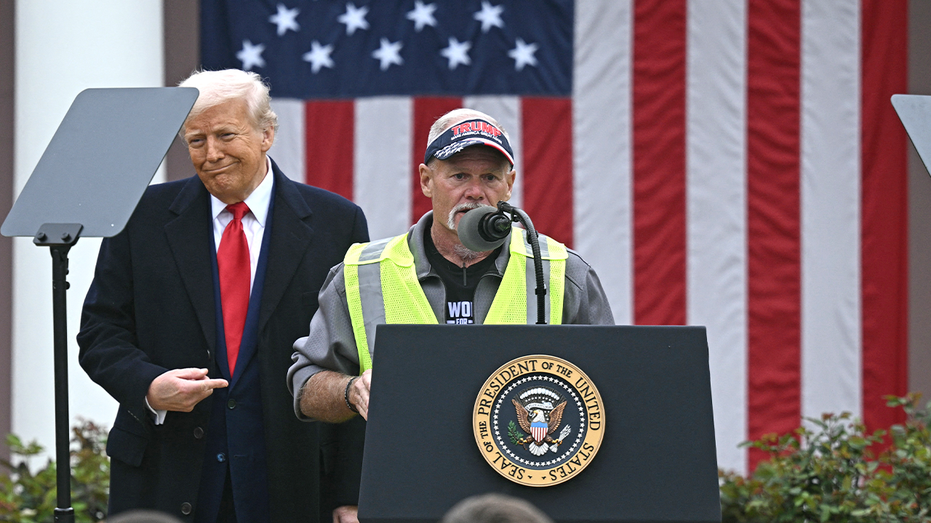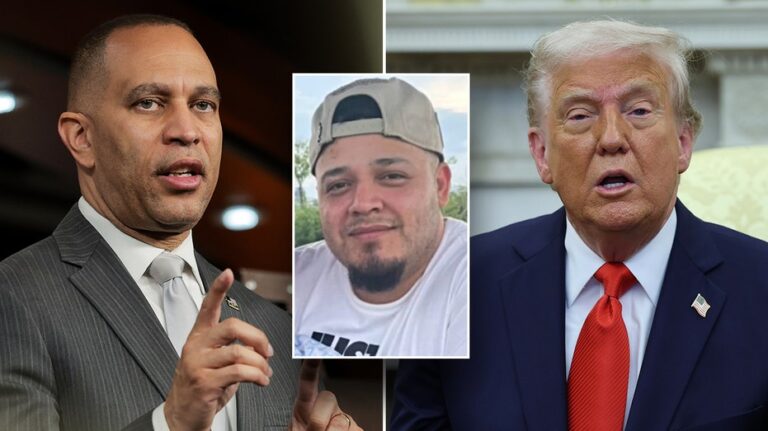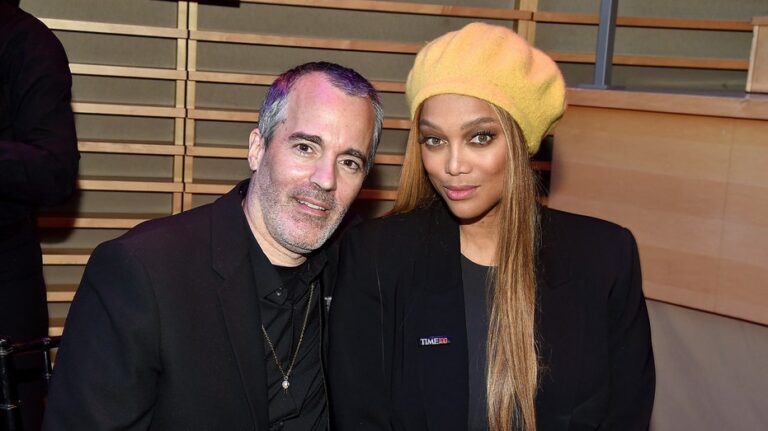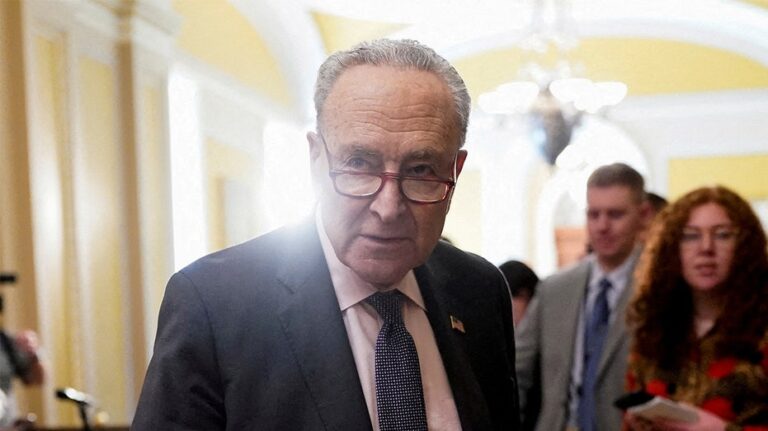
Tariffs aren’t just global trade policy. What happens in D.C. ripples through the economy. Retired Army Capt. Douglas Ernest knows. He has seen a surge in sales at his Corvette dealership.
President Donald Trump has launched one of the most courageous and audacious economic policies in American history. Anyone reacting to it at the moment – worrying over market sell-offs, panicking over international reaction – isn’t seeing the big picture.
I’m the owner of Corvette Warehouse, the largest Corvette dealership in the southwest. We’ve been in business for more than 30 years. I witnessed firsthand the near collapse of my business during the tumultuous years of 2021-24.
Crippled by COVID-19, supply chain disruptions, and unfair trade practices the previous administration neglected or even encouraged, my story mirrors the broader struggle of American industry. However, the Trump administration’s 2025 tariff strategy, a “stratified gambit,” triggered a dramatic and unexpected turnaround.
TRUMP’S TARIFF PAUSE THE LATEST EXAMPLE OF HIS PRAGMATISM ON THE POLITICAL STAGE
In the game of bridge, a “stratified gambit” is a strategic play where players are grouped at different levels, or “strata,” competing against those in their tier yet still part of a larger tournament. It’s a layered competition that allows different skill levels to coexist, compete and win in their own way based on the player’s strategy.
Today, this is precisely what’s happening with the American economy under the Trump administration’s strategic use of tariffs. It’s a multi-tiered economic gambit aimed at restoring trade balance, boosting national production and providing the forgotten American businesses and workers with a fighting chance.
And that’s all we ask for: For our own government to give us that fighting chance.
Unlike conventional trade policies, Trump’s tariff rollout was meticulously planned and layered, providing American industries vital time to adjust and reshore without facing immediate retaliatory shocks. This strategy signaled a decisive shift away from “America last” policies, prioritizing fair trade and bolstering domestic production.
CLICK HERE FOR MORE FOX NEWS OPINION
Against the backdrop of dire media predictions, Corvette Warehouse has experienced a remarkable surge in sales and renewed customer confidence. Consumers, driven by both financial and patriotic motivations, began “buying American again.” The tariffs effectively corrected longstanding trade imbalances, addressing years of outsourcing and currency manipulation that had eroded American industry. We’ve seen our best week in nearly 36 months.
Alongside advocacy for strategic, temporary trade protections, the tariffs serve to rectify market failures and unfair global competition. Coupled with potential interest rate reductions by the Federal Reserve, this strategy aims to stimulate domestic growth and alleviate the national debt. Yes, the Trump administration has “paused” the customized reciprocal tariffs, but the message is already coming through loud and clear.
The shift is palpable in the used-car market, with a notable increase in demand for American-made vehicles and trade-ins of foreign brands. This reflects a growing wave of economic patriotism, where consumers actively prioritize American-made goods. This is exactly what we need to bring jobs back home and rebuild American industry.
Now, America needs further fiscal prudence, including reduced government spending and enhanced efficiency, to maximize the benefits of the tariff strategy. This is not isolationism but a strategic move toward balanced trade that supports American workers and businesses.
What’s coming next is a tangible revival of American industry. We must have strategic thinking and real-world experience in navigating the complex economic challenges ahead. Trump’s “stratified gambit” is unfolding, and it’s the right approach, reshaping the economic landscape and empowering American producers and consumers.
President Trump is giving America the fighting chance we need. He knows – and we know – that given that chance, we will win.



